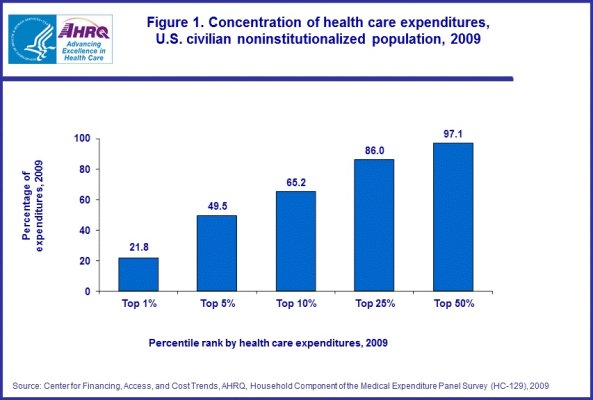Mulligan
Give me a museum and I'll fill it. (Picasso) Give me a forum ...
- Joined
- May 3, 2009
- Messages
- 9,343
Katsmeow said:I have read at various places that lifetime health costs for the obese and those for smokers are less than those for the non-obese and the non-smokers. This is because the obese and smokers tend to die sooner and therefore have lower lifetime health costs even after accounting for treating for illnesses associated with smoking and obesity. I see more support for this as to smoking (since they die earlier than the obese). However, how credible that research is I don't know:
The Burden of Healthy Living - Hit & Run : Reason.com
PLOS Medicine: Lifetime Medical Costs of Obesity: Prevention No Cure for Increasing Health Expenditure [Dutch article -lowest lifetime health costs for smokers, obese higher but not as high as non-obese non-smokers - This is the article most everyone cites to]
Alcohol, Obesity and Smoking Do Not Cost Health Care Systems Money - Forbes
Lifetime Medical Costs Of Obese People Actually Lower Than Costs For Healthy And Fit, Mathematical Model Shows
Center for Business & Public Policy
But not everyone agrees - Death, Taxes, Soda and Fat - NYTimes.com [talking about obesity not smoking]
As America's waistline expands, costs soar | Reuters [Again, about obesity not smoking]
Isn't it funny that dispite some of the examples like this mentioned here, you never really here it debated though. Well one thing is for sure, whether it is true or not, the insurance companies want you healthy until Medicare age. Whatever happens after 65 isn't really much of a problem to them, financially.


